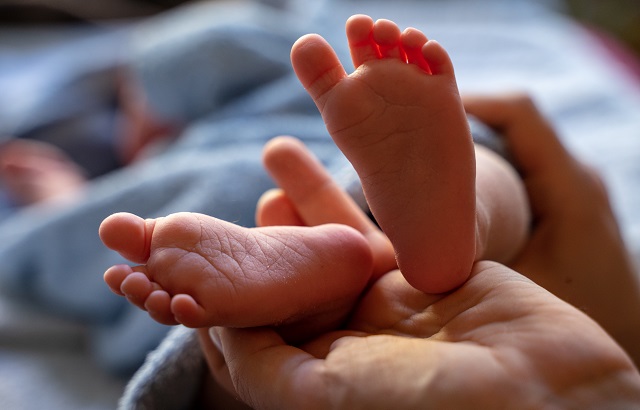It’s well established that having children costs a lot of money, but one area that is sometimes overlooked is how it impacts retirement savings.
“Women generally still do the majority of child-rearing and that means they pay a big price when it comes to financial security later in life,” said Andrew Tully, technical director at Canada Life.
Research from the insurer found that taking 10 years out to raise a child means losing around 29% from a private pension.
“It’s unjust, and often leaves [women] financial vulnerable just when they deserve the chance to wind down,” he added.
Can anything be done?
Two unpalatable solutions are to add another 10 years onto their working lives or make big increases to their pension contributions when they return to work.
Someone aged 25 and taking 10 years off to raise children would need to increase their contribution to 19% from 12% for the rest of their working life to get back to the same financial footing.
To receive the same income as if they hadn’t taken a 10-year gap, they could also choose to take no tax-free cash lump sum.
Child benefit
But “if it’s at all possible, continuing to make contributions while they are off is the best strategy”, he said.
In addition, “women can also help ensure they receive more of the full state pension by claiming national insurance credits while off work”.
“One area of confusion with the state pension and NI credits is the area of claiming child benefit,” Tully continued. “It your partner is earning over £50,000 ($64,390, €57,900), most women won’t claim a child tax credit because they wouldn’t get the benefit.
“However, it’s vital to make that claim, as they will still receive NI credits which count towards the state pension.”








